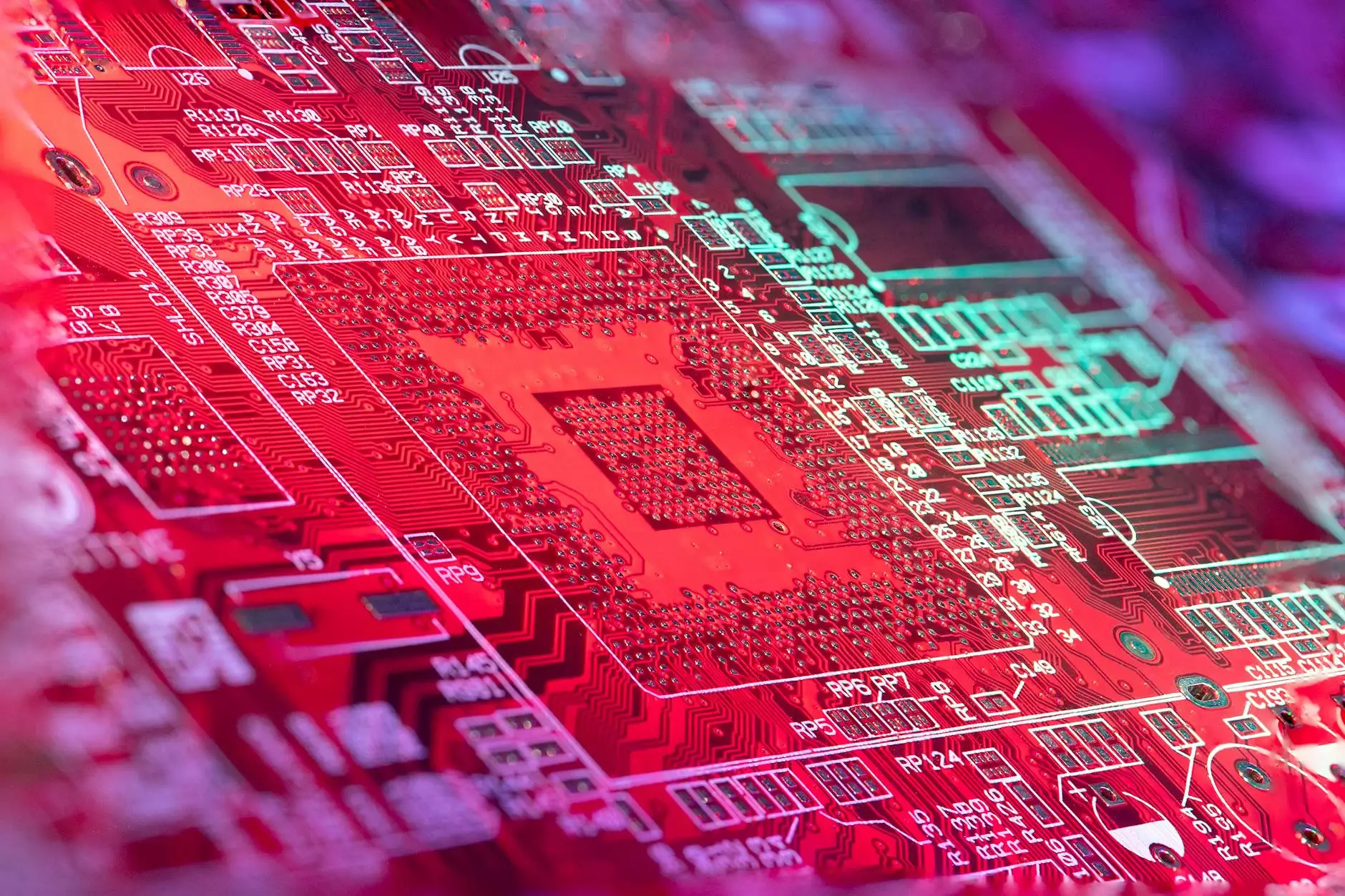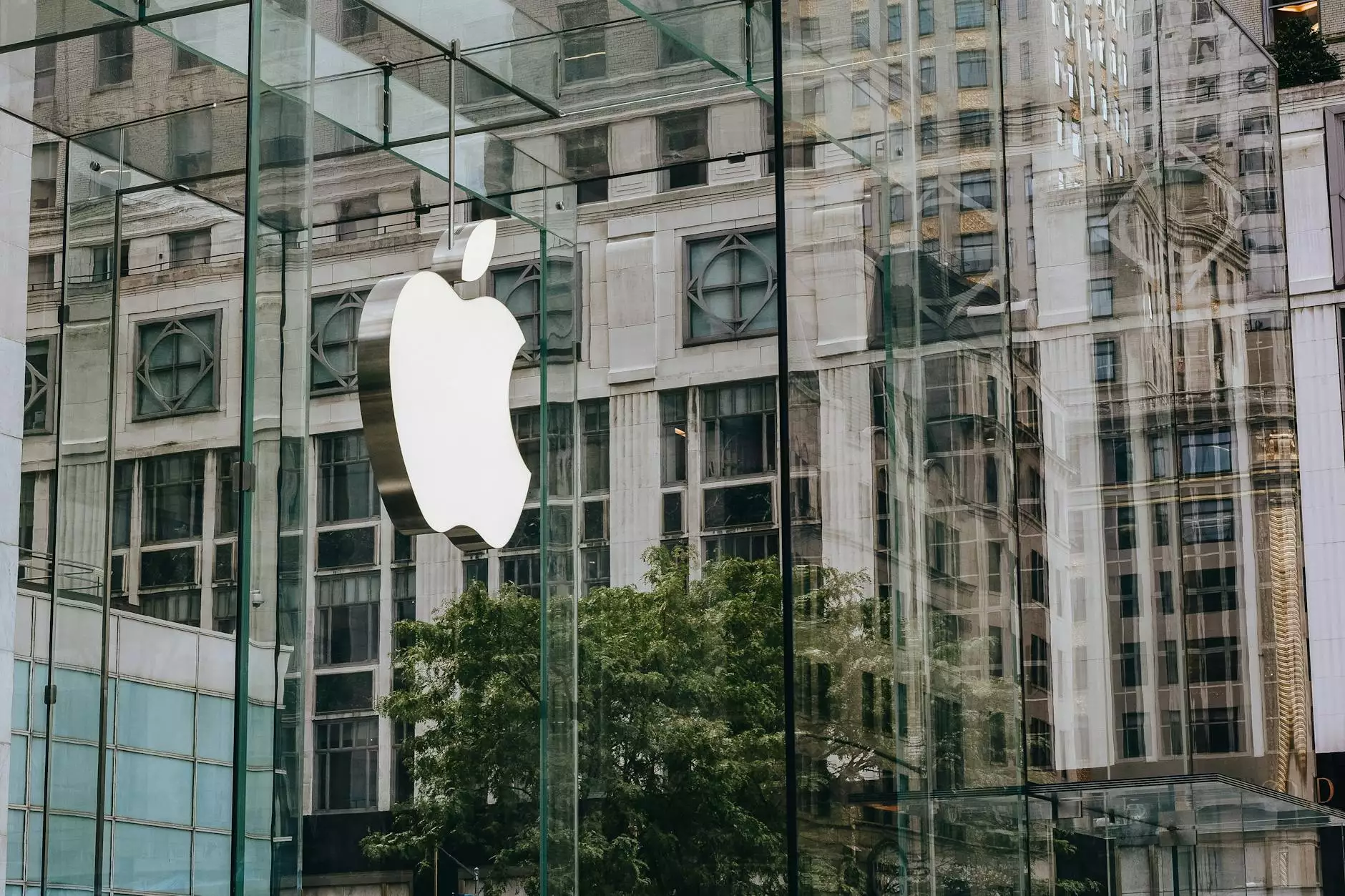The Role Of IT In The Healthcare Industry
Technology
Welcome to Ageless Wisdom Magazine, your trusted source for comprehensive information on various lifestyle topics. In this article, we delve into the crucial role of Information Technology (IT) in the healthcare industry. With the constant advancements in technology, the healthcare sector has experienced significant transformations that have revolutionized patient care, streamlined processes, and facilitated breakthroughs in medical research and development.
Streamlining Patient Care Through IT
IT has revolutionized the way healthcare providers deliver patient care. One of the key areas where IT has made a profound impact is in electronic health records (EHR) management. Electronic health records have replaced paper-based records, eliminating the risk of lost or damaged files. By digitizing patient information, healthcare professionals can easily access and share critical data, ensuring continuity of care and improved communication between healthcare providers.
Furthermore, IT has facilitated the implementation of telemedicine, enabling remote patient consultations. Through videoconferencing and remote monitoring technologies, patients can now receive expert medical advice and care from the comfort of their own homes. This advancement in telemedicine has particularly proved invaluable during the current global pandemic, allowing healthcare services to continue while maintaining necessary social distancing measures.
Enhancing Healthcare Processes
IT has significantly enhanced operational efficiency within the healthcare industry. Through the implementation of advanced scheduling and management systems, hospitals and clinics can optimize the allocation of resources, reducing waiting times for patients and improving overall patient satisfaction. Additionally, automated appointment reminders and patient communication systems have reduced no-show rates, leading to better utilization of healthcare resources.
Pharmacy management systems, powered by IT, have streamlined medication dispensing processes. Digital inventory management, barcode scanning, and automated prescription verification help prevent medication errors and ensure patient safety. With the integration of IT, medication records can be accurately maintained, improving medication reconciliation during transitions of care and reducing adverse drug events.
Revolutionizing Medical Research and Development
IT has played a pivotal role in accelerating medical research and development. Advanced data analytics and machine learning algorithms have enabled researchers to analyze large datasets and uncover patterns, leading to groundbreaking discoveries and the development of personalized medicine. By leveraging IT tools, medical professionals can now identify potential risk factors, predict disease progression, and tailor treatments to individual patients, ultimately improving health outcomes.
Furthermore, IT has facilitated collaborative research efforts. Researchers from different geographical locations can easily share data, collaborate on research projects, and exchange valuable insights. This interdisciplinary approach, supported by IT, has expedited the translation of research findings into clinical practice, fostering innovation and driving advancements in the healthcare industry.
Conclusion
The role of IT in the healthcare industry cannot be overstated. Ageless Wisdom Magazine recognizes the transformative power of technology in the lifestyle sector and aims to provide readers with comprehensive insights into the intersection of IT and healthcare. From streamlining patient care and enhancing healthcare processes to revolutionizing medical research and development, IT has reshaped the healthcare landscape, empowering healthcare professionals and improving patient outcomes.




